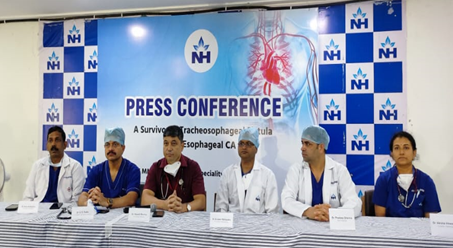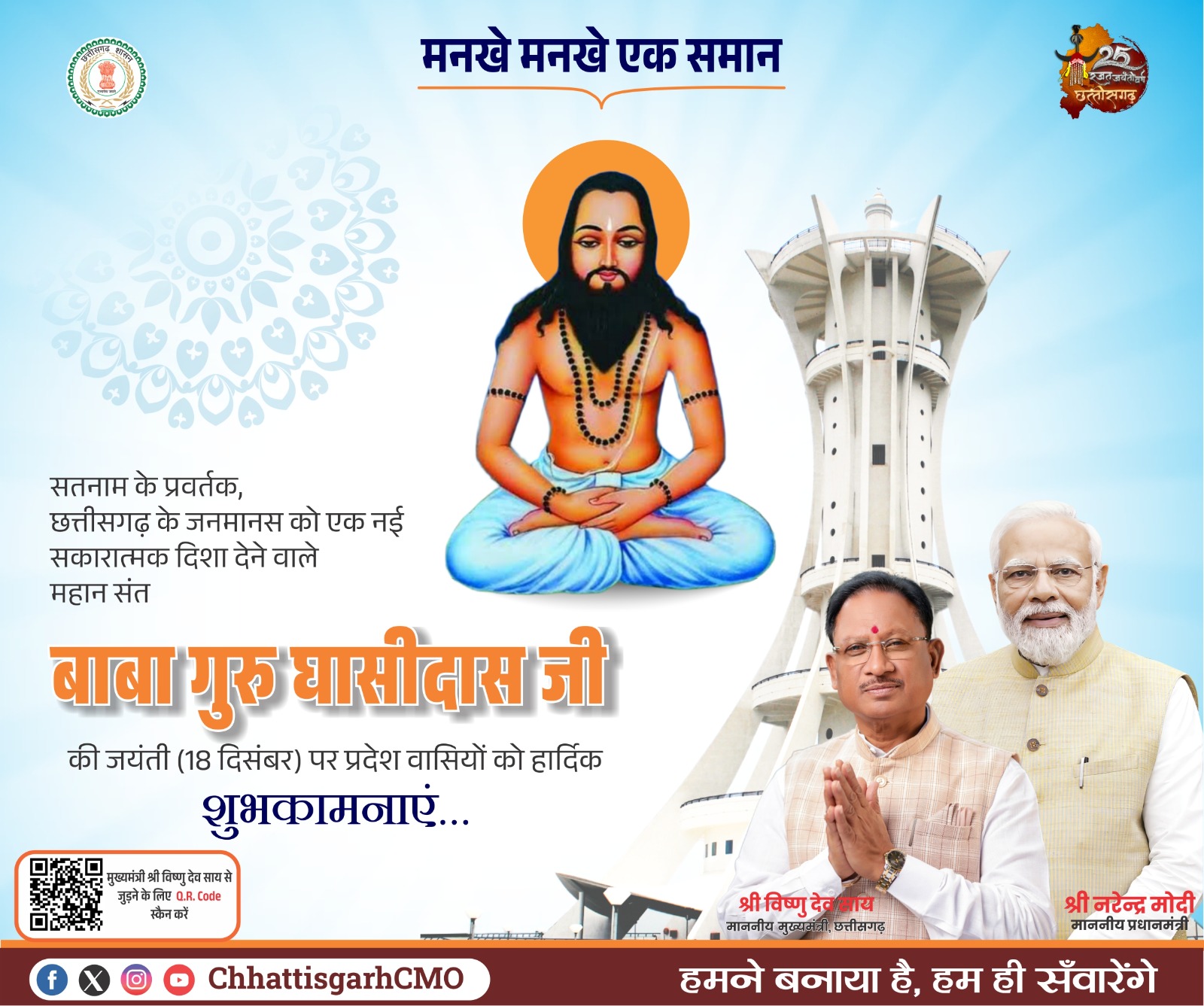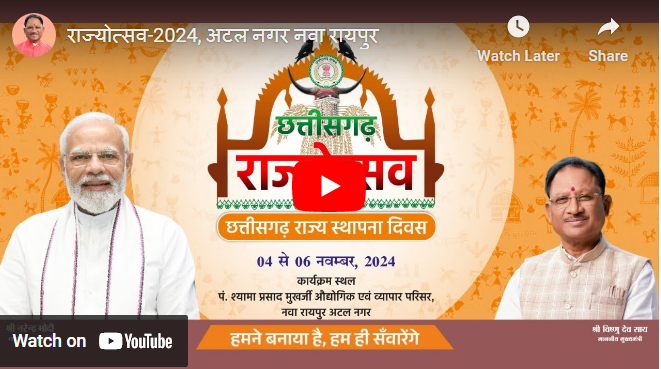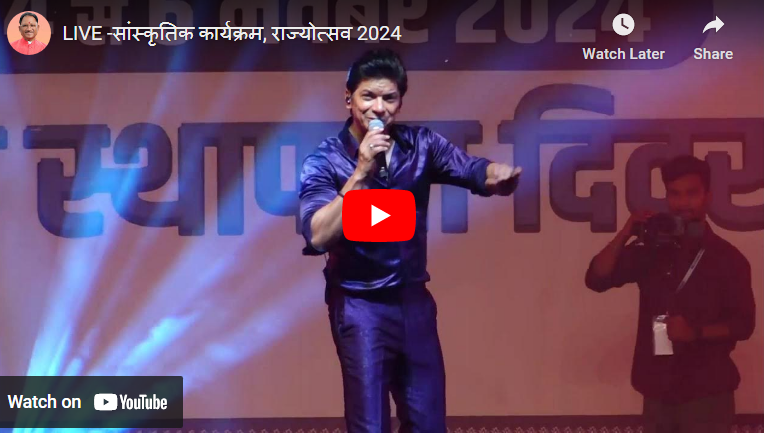Using ASD occluder device closure, the 61-year-old was released in 4
days post-operation.
Raipur (thestates.news) | The esophagus (the tube that connects the throat to the stomach) and the trachea
(the pipe connecting the throat to the windpipe and lungs) are separate. A tracheoesophageal fistula (TEF) is an abnormal connection between these two tubes. As a result, any intake of liquids or food can get into the lungs (Aspiration) and
damage the tissues there. The damage can sometimes be severe. Aspiration also increases the risk of pneumonia.
The usual approach to treating tracheoesophageal fistula is the tracheal stent, esophageal stent, and surgery. But in the case of this cancer survivor, the 6 to 7 mm fistula was very close to the area of surgery (anastomotic site). These complications
made the usual treatment approach to be unsuitable. Hence, the team of doctors at NH MMI Narayana Superspeciality Hospital, Lalpur, Raipur, decided to treat the patient with an innovative approach.
The fistula was closed using the ASD occluder device technique, which required a multi-disciplinary approach. Dr. S. S. Padhi (Sr Consultant – Cardiology), Dr. Anupam Mahapatra (Consultant – Gastroenterology), and Dr. Dipesh Muskey (Sr. Consultant –
Pulmonary & Critical Care Medicine), Dr. Pradeep Sharma (HOD Critical Care), Dr. Arun Andapan (Anesthisiologist) and the anesthesia team also played a vital role in successfully completing the procedure.
Dr. Anupam Mahapatra explains, “The patient came to NH MMI Narayana Superspeciality Hospital, Lalpur, Raipur, with complaints of severe cough, fever, and low O2 saturation level which were persistent even after the usual medications. CT
scan suggested TRACHEOESOPHAGEAL FISTULA, UGI endoscopy, and bronchoscopy confirmed the location and size of the fistula.”Dr. S. S. Padhi says, "Looking at the findings, we decided to opt for ASD Occluder Device to keep the procedure minimally invasive and avoid surgical complications, which was an innovative and rare approach to the situation where very few options were available. India and the world had seen only a few such cases.”
Dr. Dipesh Muskey says, “This was a rare case and likely the first in central India where ASD Occluder Device stood to cure a tracheoesophageal fistula.” The patient got discharged within four days of the operation. He is well and is
allowed a regular diet. Mr. Naveen Sharma (facility Director, NH MMI Narayana Superspeciality Hospital, Lalpur, Raipur) prised the team of doctors and said, “we have always been innovative in our initiatives and our doctors have been proficient and unique in their approach, keeping the patients’ safety as priority.”











